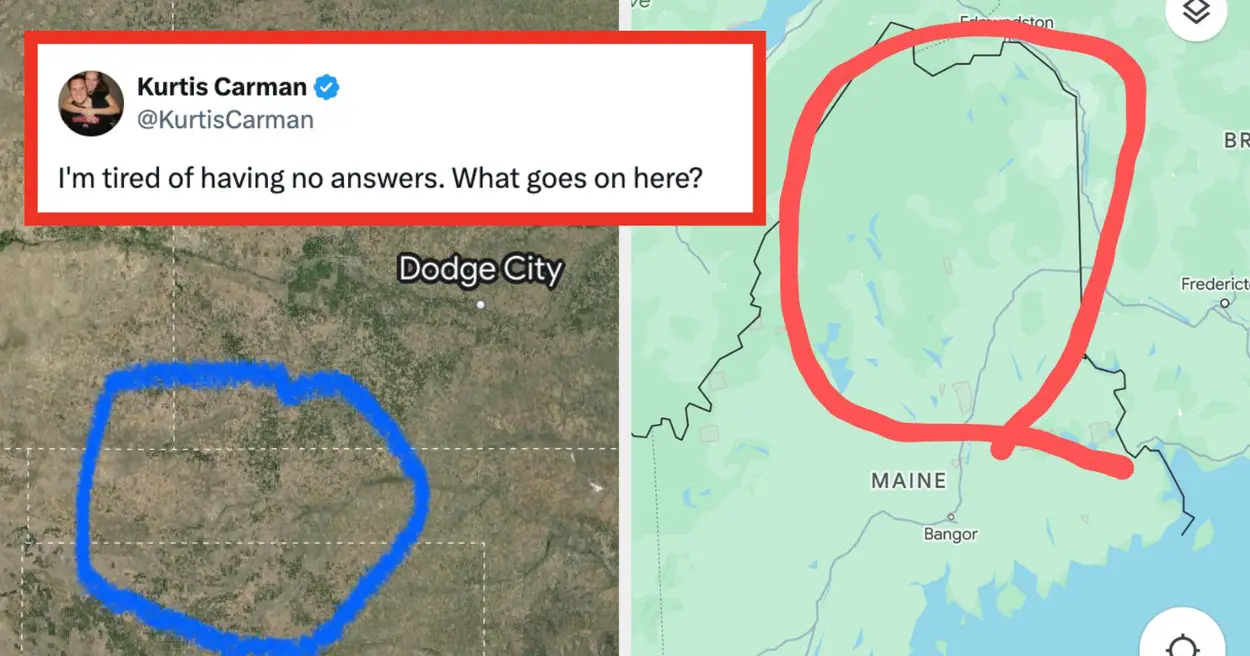from the little-bit-more-Fourth-for-everyone dept
The Supreme Court made it clear in 2018 with its Carpenter decision: gathering historical cell site location info in bulk was impermissible under the Fourth Amendment. If law enforcement wanted to engage in third-party-enabled long term tracking of suspects via this info, it needed to get a warrant first.
That ruling seemed to make everything crystal clear. But it didn’t. Law enforcement sought other ways to obtain this same data without having to run anything by a judge. Central to the Carpenter decision were cell service providers. This was the government approaching these providers to obtain location data dating back to whatever data investigators thought might be useful.
The Carpenter decision rolled back a bit of the Third Party Doctrine. The Supreme Court said in this ruling that people may be aware cell service providers are gathering this data (something essential to ensuring cell service), but that wasn’t the same thing as giving the government permission to access weeks or months of this data without a warrant.
With this one subset of third parties excised from the Third Party Doctrine, government agencies began looking for other sources not specifically referenced by this ruling. And they found them. Any number of data brokers harvest location data from cell phone apps and sell access to this data to the government.
As it stands now, this is still technically legal. But it’s only technically legal because no one has had an opportunity to directly challenge this warrantless acquisition in court. Meanwhile, data brokers continue to give the government what it wants: lots of data at low, low prices, all of it accessible by utilizing nothing more than a cleared check and laptop.
Courts can’t change this new status quo on their own. They need a suppression request worth considering before they can do anything about it. And even if they could do something about it, they might not because the Carpenter decision only deals with cell phone providers, rather than app developers and their data brokering remoras.
In many cases, courts are content to declare their hands are tied and suggest everyone take it up with Congress. That’s not much help to criminal defendants, who not only can’t approach Congress directly, but are likely to lose their voting privileges if convicted.
Fortunately, there’s still a handful of people on Capitol Hill willing to take matters into their own hands. Leading the way is fervent Fourth Amendment defender Ron Wyden, who first introduced a bill in 2021 that would codify a warrant requirement for acquiring Americans’ cell phone data from data brokers. Thanks to Wyden and bill co-sponsors/supporters Rand Paul, Zoe Lofgren, Warren Davidson, and Jerry Nadler, Wyden’s “Fourth Amendment Is Not For Sale Act” has moved to the next level.
The bill passed out of the House Judiciary Committee, heading one step up the ladder towards the President’s desk. We’ll have to see if it goes to the full floor of the House or what the Senate decides to do with the bill, but for now there’s progress being made. As Wyden points out in his press release, the government should have to hand over more than a handful of taxpayers’ cash to obtain data that basically acts as a long-term tracking device.
“The Fourth Amendment is Not For Sale Act will restore Americans’ Fourth Amendment rights and stop the government from using its credit card when it should be getting a warrant,” Wyden said. “Regular Americans who use their phones on a daily basis are not consenting to send all their movements, contacts and web browsing information to the government. I applaud the Judiciary Committee for advancing our bill on a bipartisan basis, and look forward to following suit in the Senate.
And that’s the way it should be. The government shouldn’t be allowed to bypass the Fourth Amendment just because it’s not acquiring this data explicitly from cell phone service providers. The data serves the same purpose and provides the same kind of evidence law enforcement desires. And if it’s the same thing as cell site location info, it should need a warrant to gather it in bulk.
Filed Under: 4th amendment, data brokers, jerry nadler, privacy, rand paul, ron wyden, warrants, warren davidson, zoe lofgren
Source link










Leave a Reply